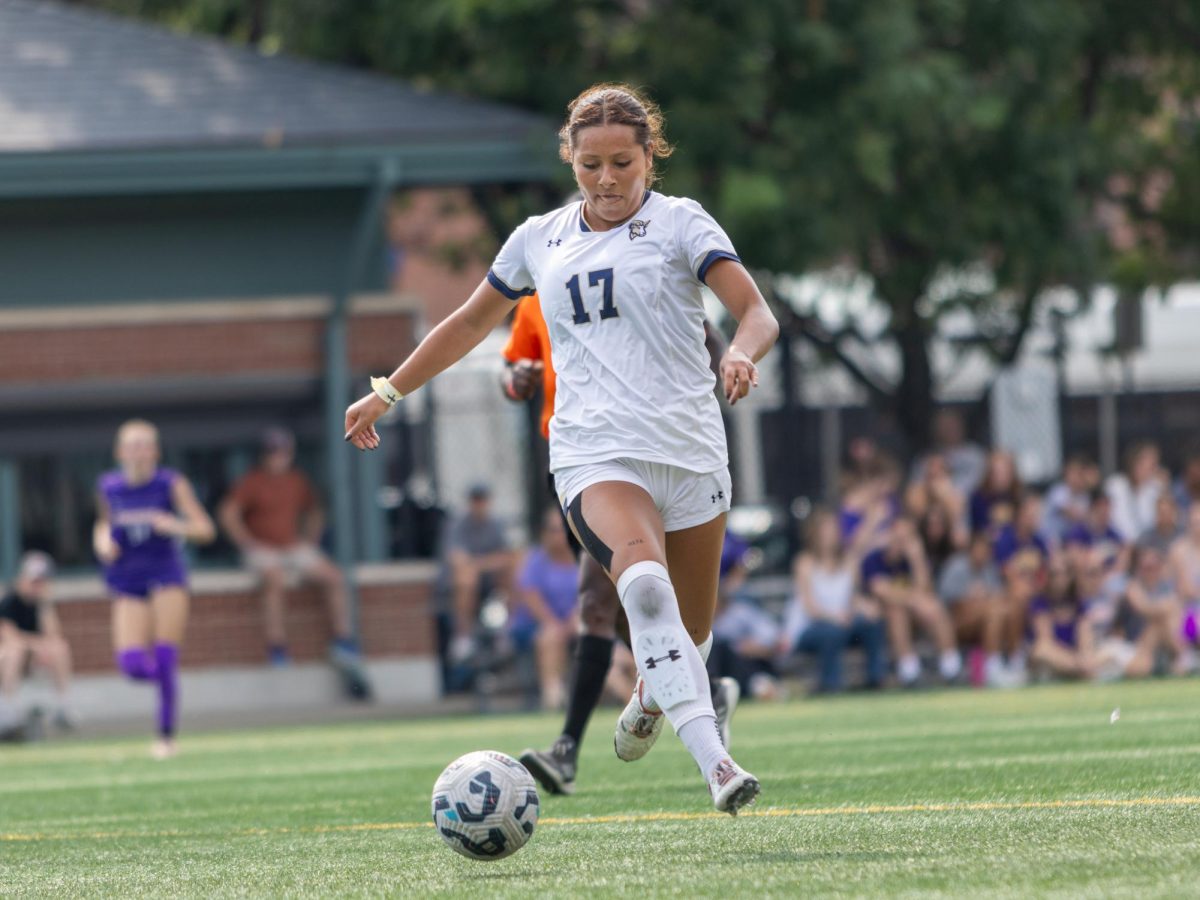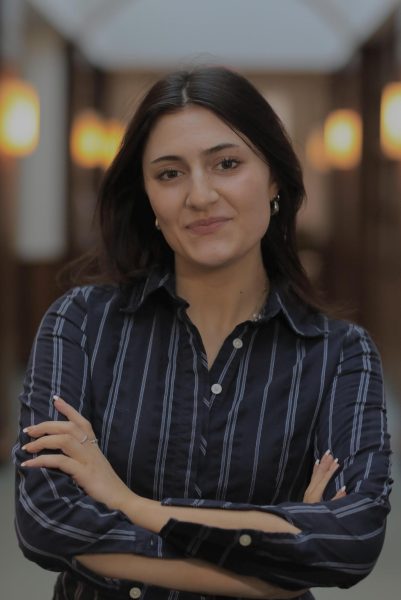On the first Sunday of November, clocks are turned back an hour to standard time, providing an additional hour of sleep and rest, but every year people in the United States question if daylight saving time is worth it.
Suffolk University students said the tradition impacts more than just the hands on the clock: Daylight savings affects their motivation and daily routines.
One of the many topics debated about daylight savings is the effect it has on college students and their performance in school. Sophomores Beatriz Rodrigues De Sa and Naiomi Arguelles said daylight saving time has mixed impacts on their productivity.
“Gaining an extra hour of sleep is a boost, enhancing my focus every fall and winter. However, earlier darkness poses challenges for my motivation. If I have an afternoon class, but it’s already dark out, I will be more inclined not to go,” Rodrigues De Sa said.
Arguelles added that being inside due to darkness can have its upsides, but it does limit her.
“While it does force me to be inside more and focus on my studies, it does make it more difficult to make outdoor plans and makes me want to sleep in,” Arguelles said.
Even though outdoor activities are a no for Arguelles in the winter, she said she uses the longer period of darkness as her companion to nights of studying.
“I think it influences it positively in the sense that I am more than likely inside at an earlier time and more focused at work,” Arguelles said.
However, with the sun going down earlier, many problems arise for students. From effects on physical and mental health to safety, the end of daylight savings poses some threats that junior Yasmin Kabbara doesn’t like to face.
“I have a chronic illness, so having a structured schedule is important for my health and productivity. I notice that the darker and colder the late afternoon gets, the more I’m inclined to go home earlier and begin to wind down,” Kabbara said.
Arguelles is a member of Suffolk’s Pasión Latina dance team and said the end of daylight savings makes it less safe for commuters to go home from her dance team’s on-campus practice.
Falling back to standard time also affects one of the students’ favorite things to do: sleep. Sleep patterns can take time to adjust when clocks move backward even though we gain one hour of sleep.
“It 100% affects my sleep. I am a sensitive sleeper; what time I go to bed and what time I wake up is integral to the quality of my day. My body and mind associate darkness with rest, hence going to bed early,” Kabbara said.
Arguelles compared the effects of the end of daylight saving time on her sleep with people’s moods.
“I feel that daylight savings impacts my energy and makes day-to-day life a little bit more depressing. Not being able to enjoy the day longer doesn’t just seem to affect me but also the people around me,” she said.
Rodrigues De Sa said the end of daylight saving time “feels like a little gift.”
“It’s a welcome change to catch up on some much-needed rest, especially during the mid-term season,” she said.
Daylight saving time, used to save energy and maximize the use of daylight, dates back to 1916, but some students think it might need improvement.
“The clock adjustments can be very disruptive. Perhaps a more gradual transition or a less frequent change could maintain the benefits of extended daylight without the abrupt impact on sleep patterns,” Rodrigues De Sa said.
Some students, like Arguelles, said they think daylight savings is a relevant topic in society. She said that even though she knows little about it, it should be more discussed.
“I definitely think it should be a topic of discussion given the studies on how it affects mental health,” Arguelles said.
Others, however, think it shouldn’t be a priority.
“In the grand scheme of global issues, daylight saving time seems minor. While it has its impact on daily life, more pressing matters like wars and major societal challenges rightfully demand our attention,” Rodrigues De Sa said.





















